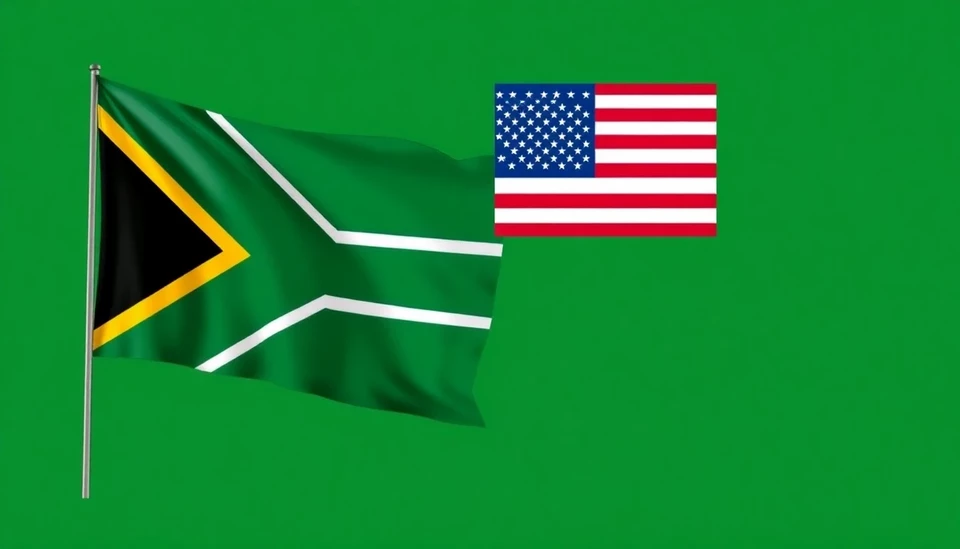
South Africa Halts Easing Cycle in Response to U.S. Tariff Instability
In a significant move reflecting global economic uncertainties, South Africa has decided to pause its cycle of interest rate cuts. This decision comes amid troubling developments regarding U.S. tariffs that could affect trade dynamics and the broader economic landscape. Analysts suggest that the move signals a careful approach by the South African Reserve Bank (SARB) in light of fluctuating international fiscal conditions.
Continue reading
South African Inflation Steady as Central Bank Prepares for Rate Decisions
In a noteworthy development for South Africa's economy, the country has reported steady inflation figures, which may lead to a pause in interest rate hikes by the South African Reserve Bank (SARB). This comes at a crucial time when financial markets are closely watching the central bank’s moves in response to ongoing economic pressures.
Continue reading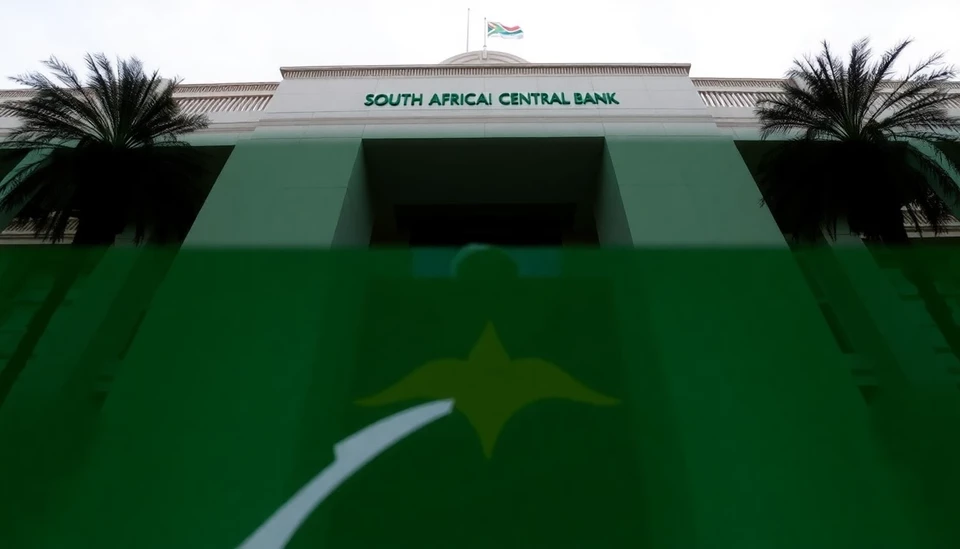
South African Central Bank Signals Shift Towards Hawkish Stance Amid Rate Cuts
The South African Reserve Bank (SARB) is poised to adopt a more hawkish monetary policy stance as it navigates a complex economic landscape characterized by rising inflationary pressures and fluctuating economic growth. This strategic pivot comes following the central bank's recent decision to cut interest rates, a move that, while aimed at stimulating the economy, raises concerns about potential backlash in the ongoing battle against inflation.
Continue reading
Traders Anticipate South African Interest Rate Cuts in 2025
As economic conditions evolve, traders in South Africa are increasingly projecting that the country's central bank will reduce interest rates at least once in 2025. This sentiment is underscored by recent fluctuations in inflation and economic growth metrics, which have prompted speculations regarding the future trajectory of monetary policy.
Continue reading
South African Inflation Expectations Fall to a Three-Year Low
Recent economic data has revealed a notable decline in inflation expectations in South Africa, reaching their lowest point in three years. According to the latest report from Bloomberg, this positive shift in inflation outlook can be attributed to a combination of factors, including stabilizing commodity prices, better agricultural yields, and overall improvements in consumer confidence.
Continue reading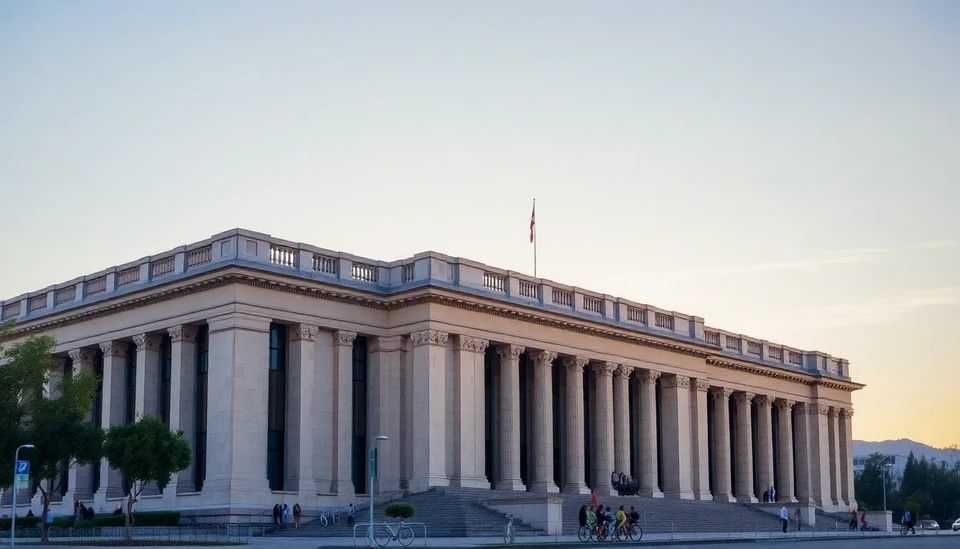
South Africa's Central Bank Poised for Cautious Rate Cuts in 2025
In a significant move that could impact South Africa's economic landscape, the country's central bank has indicated its intention to reduce interest rates gradually in 2025. This decision comes after a prolonged period of inflationary pressures and economic recovery following the global pandemic.
Continue reading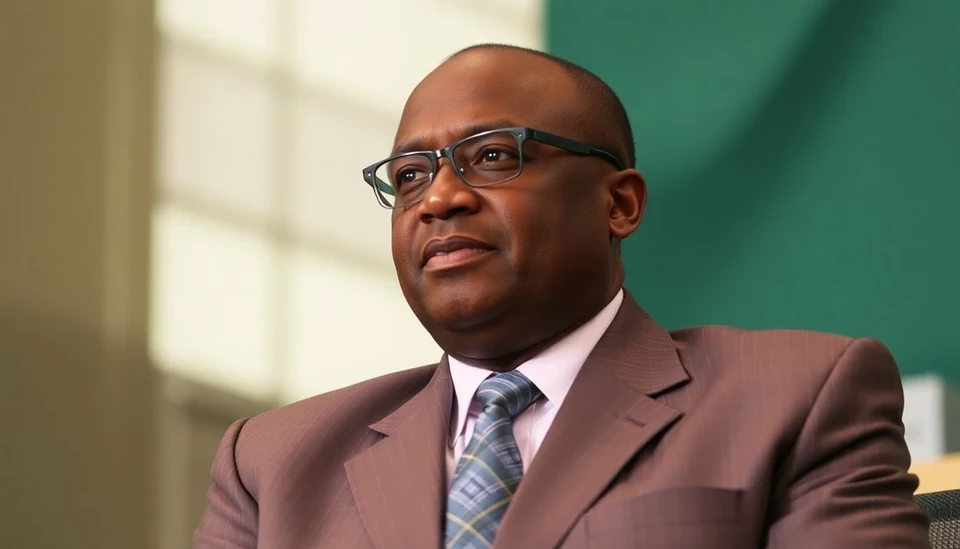
South Africa's Central Bank Implements Cautious Rate Cut Amid Economic Concerns
In a move aimed at rejuvenating its struggling economy, the South African Reserve Bank (SARB) has announced a modest quarter-point reduction in its benchmark interest rate, bringing it down to 7.25%. This decision, made on November 21, 2024, marks the first cut in rates since early last year, reflecting the bank's cautious approach to stimulating growth while remaining vigilant against inflation.
Continue reading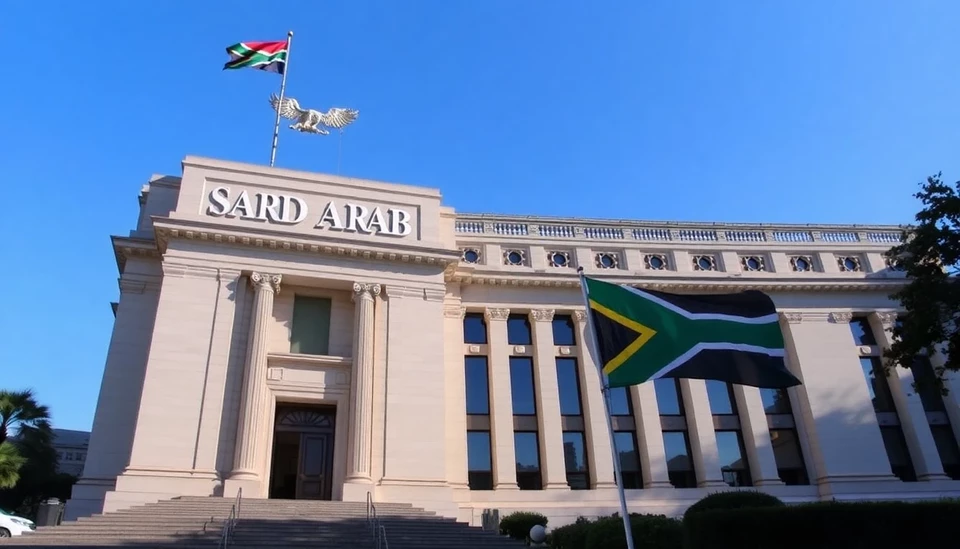
South Africa's SARB Poised to Resist Major Rate Cuts Amid Trump Concerns
In a climate marked by uncertainty surrounding global economic stability, the South African Reserve Bank (SARB) is adopting a cautious approach in its monetary policy. As speculation mounts regarding potential shifts in leadership in the United States, particularly focusing on the 2024 presidential election, the SARB is wary of making significant rate cuts that could destabilize the already fluctuating economy.
Continue reading
South African Inflation Hits Four-Year Low Ahead of Crucial Rate Decision
In a significant economic development, South Africa has reported its inflation rate dropping to a four-year low ahead of an impending interest rate decision by the South African Reserve Bank (SARB). This trend could indicate a positive shift in the country’s financial landscape, easing the burden on consumers and providing a platform for potential economic recovery.
Continue reading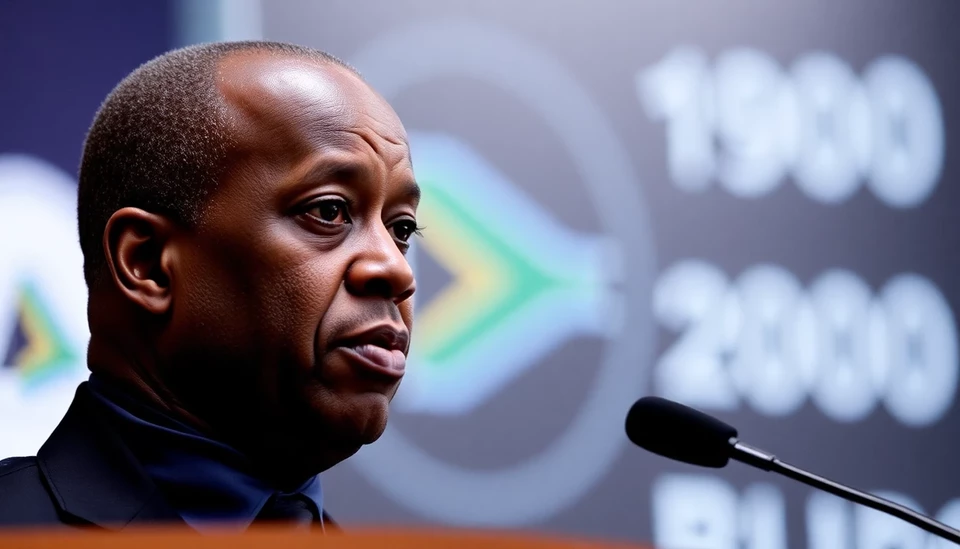
South Africa's Inflation Target: A Call for Lowered Expectations by Kganyago
In a significant development regarding South Africa's economic strategies, Reserve Bank Governor Lesetja Kganyago has voiced his conviction that the nation's inflation target should be revisited and potentially set at a lower threshold than the current level of 3% to 6%. This proposal has sparked considerable dialogue among economists and policymakers, hinting at possible shifts in monetary policy that could impact the South African economy in the near future.
Continue reading